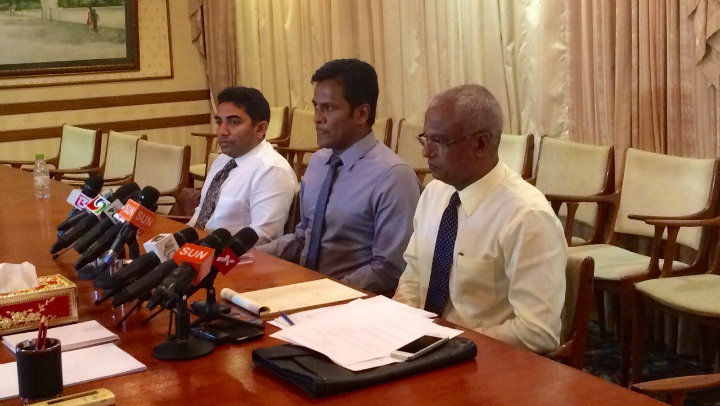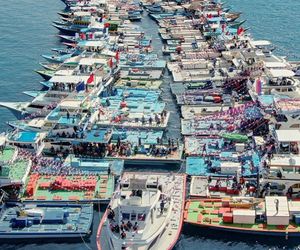Government decides to relaunch political party talks
The move follow warnings from a visiting delegation from the European parliament that the EU will consider imposing sanctions against top Maldivian officials if the government does not release “political prisoners” and convene “genuine inter-party talks” with an international mediator if required.

11 Feb 2016, 9:00 AM
President Abdulla Yameen has decided to invite political parties for talks with the government amid growing international pressure to resolve a year-long political crisis in the Maldives.
According to the president’s office, Yameen decided to take the initiative “in the interest of progress, development and national unity.”
“It is his sincere hope that the talks will prove successful and that they will deliver on the promise of meaningful progress to the people.”
Become a member
Get full access to our archive and personalise your experience.
Already a member?
Discussion
No comments yet. Be the first to share your thoughts!
No comments yet. Be the first to join the conversation!
Join the Conversation
Sign in to share your thoughts under an alias and take part in the discussion. Independent journalism thrives on open, respectful debate — your voice matters.




